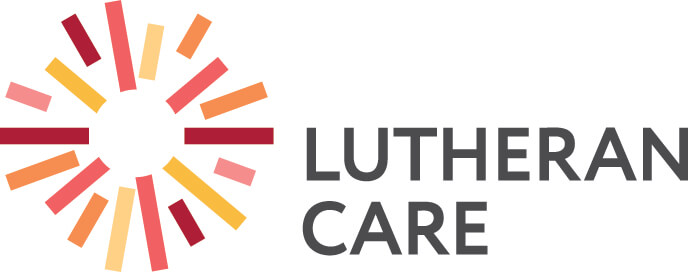A new research paper, co-authored by a Lutheran Care program leader, sets out a vision of how health and wellbeing in the Barossa Valley could be improved through better links to social supports and activities.
 The paper, Co-Designing Social Prescribing for the Barossa, was co-authored by Lutheran Care’s Community Connections Regional Coordinator for the Barossa region, Martin Walton. Martin was also interviewed about Community Connections and social prescribing for the Community Conversations Podcast in June.
The paper, Co-Designing Social Prescribing for the Barossa, was co-authored by Lutheran Care’s Community Connections Regional Coordinator for the Barossa region, Martin Walton. Martin was also interviewed about Community Connections and social prescribing for the Community Conversations Podcast in June.
The concept of social prescribing is still quite new in Australia, despite being widely used in the UK and USA, the paper explains. Social prescribing centres around aiming to address the social (non-medical) needs of people such as social connection, housing, food security, safety, and transport, by linking them with community supports or activities. A ‘social prescription’ may include participating in the local 5km Parkrun on Saturday mornings to stimulate health, wellbeing and friendship; attending a short course or taking up a volunteering opportunity to increase participation in the community and employability; or connecting with a local carer organisation that provides respite services and social activities for carers.
The paper quotes 2022 figures from the Royal Australian College of General Practitioners where, shockingly, up to 36 per cent of GP visits were for the effects of social issues on health, showing the potential benefits to both the patients, GPS, and the overwhelmed health system as a whole, if social issues could be addressed or prevented in a community setting instead of a health one.
The Barossa Council and Flinders University partnered to produce this report, which aimed to investigate if and how social prescribing could benefit the Barossa community specifically, and what a framework for delivering a social prescribing model in the local area would look like. Key stakeholders from Barossa-based health and social services, and community members, took part in several workshops where they were encouraged to share their ideas and experiences, which all fed into this co-designed social prescribing model of care for the Barossa.
Throughout the consultation, participants identified the need for a holistic social prescribing model with key elements including:
- Resourcing, including volunteers and a paid ‘link worker’ to be the bridge between patients and community supports
- A ‘no wrong door’ entry, where patients can access the support no matter where they present
- Technology to enable the social prescribing, in addition to an updated and maintained directory of services.
There are many synergies between social prescribing and the existing Community Connections program, which is a South Australian Government initiative, funded by the Department of Human Services and delivered by Lutheran Care in both the Barossa Valley and Adelaide Hills regions. It is facilitated by other organisations in other regions.
Community Connections was noted as one of a few local programs already assisting Barossans with their non-medical needs, and it was noted in the paper that such programs should be part of the new model instead of ‘reinventing the wheel’ from scratch.
“Triaging people into existing programs, in addition to a new link worker role to support those not eligible for these programs, was identified as important to avoid service duplication and support sustainability,” the paper reads.
The need to raise greater community awareness of social prescribing was also noted as important.
Martin’s co-authors were Candice Oster, Ashleigh Powell, Claire Hutchins, Deb Anderson, Bill Gransbury, Jenny O’Brien, Susan Raven and Svetlana Bogomolova.
The paper has been peer reviewed and published by the quarterly health and social care journal Health Expectations. Martin is pleased its findings and recommendations are now available to the entire community.

“Research continues on the important subject of Social Prescribing,” Martin says.
“The good news is there is absolutely no need to wait for it to be completed,” he adds.
“The Community Connections program is available, right now. Consequently, community members can get the support they would like, to connect with the services they need, today.”
The Community Connections program offers short-term support in the Barossa Valley and Adelaide Hills to help people aged 18-64 connect with local support networks and services. Friendly caseworkers assist participants to explore barriers that may be impacting their wellbeing and holding them back from enjoying a full community life, support them to set goals, and find strategies and steps toward achieving their goals leveraging local services, supports and activities.
For more information and eligibility requirements, click here.

